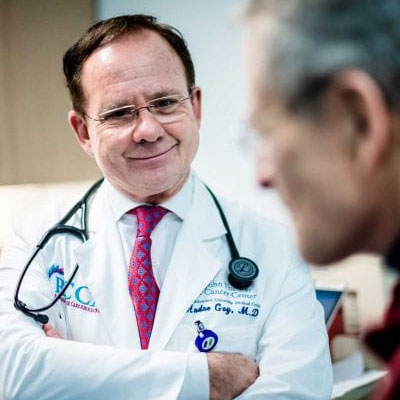
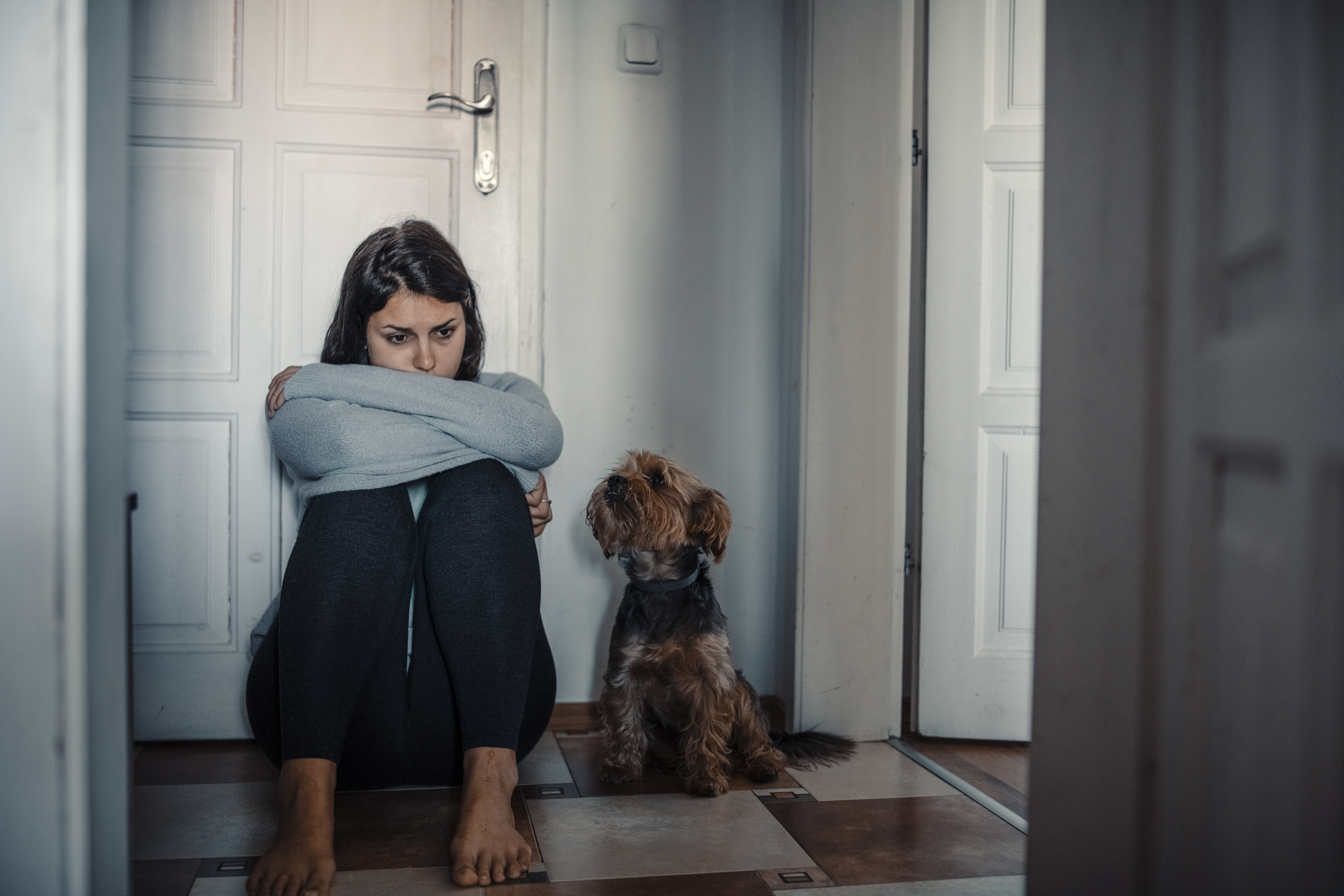
Many people who are expecting a cancer diagnosis bring a loved one along to their doctor appointments so that they aren’t alone when they hear the news. Others immediately tell family and friends. But some people choose to keep all information about their cancer to themselves, from the diagnosis through treatment and beyond. There are many possible reasons for their secrecy.
Navigating the world of cancer treatments may be emotionally and physically exhausting, especially for people who work full-time or are raising a family. Having a support system in place may help unburden you from some of your stress.
When people know that you have cancer, they may be more likely to do things to make your life easier, such as bringing you dinner, or they may initiate more conversations about your feelings, which can help you feel less isolated.
Sharing details about your cancer diagnosis may mean that:
- You can be honest about your feelings. You won’t need to be guarded about what you say, worried that you might slip and give away your secret. And when you’re feeling discouraged, scared or lonely, you’ll have someone to talk to about your feelings. Meaningful conversations may help you feel more secure and connected to the important people in your life, which may put you in a better state of mind throughout treatment.
- Someone can keep you company during appointments. Having a supportive friend or relative present during a chemotherapy infusion or other treatment may help the time pass more quickly, and you’ll spend fewer moments alone with your thoughts. It’s also helpful to bring a second listener along when a doctor will be sharing new information to absorb. Check with your doctor’s office to see if non-patients are welcome during the pandemic.
- A trusted person can help you manage your health. It may be overwhelming to keep track of your medication and appointments. Having another person remind you that it’s time for your pill or your chemotherapy session may mean that you’re more likely to stay on top of your care.
- People will want to help. Friends and relatives should be eager to provide a favor here and there, whether you need a ride to the doctor’s office or a few items from the supermarket. When they know about your cancer diagnosis, they may reach out to you more often than usual to see if you need anything, and it can be easier for you to call on someone to run an errand or keep you company.
- You can appoint someone else to discuss your health with others. Don’t feel like telling everybody who asks how you’re feeling or how many more treatments you have left? Ask a trusted friend or relative to be the point person who shares your medical news with the people in your social circle. They’ll feel honored that you chose them, and it will take the pressure off of you to update every last person about your health. Focus on your recovery instead.
“Just remember that you don’t have to go through this alone. But at the end of the day, it’s up to you as the patient to make a decision about who you tell,” Stacey Doumas, M.D., a psychiatrist with Jersey Shore University Medical Center in Neptune.
Next Steps & Resources:
- Meet our source: Stacey Doumas, M.D.
- To make an appointment with Dr. Doumas or a doctor near you, call 800-822-8905 or visit our website.
Find a doctor near me
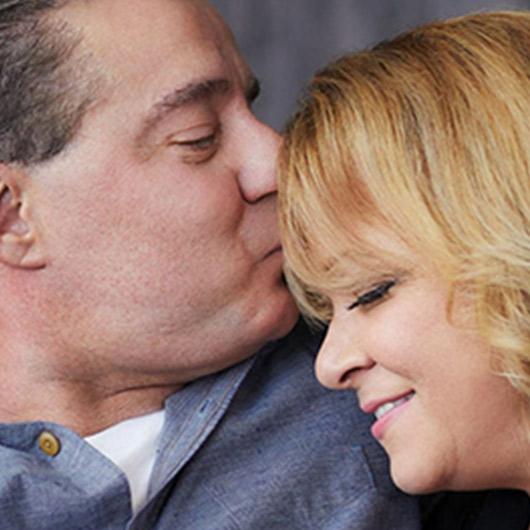
What Happens When You Are Diagnosed with Cancer?
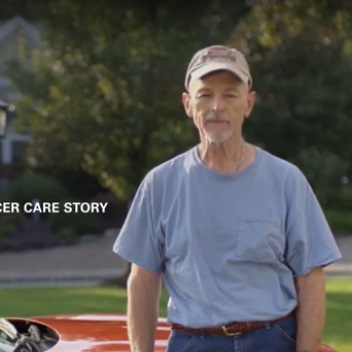
Life After Cancer
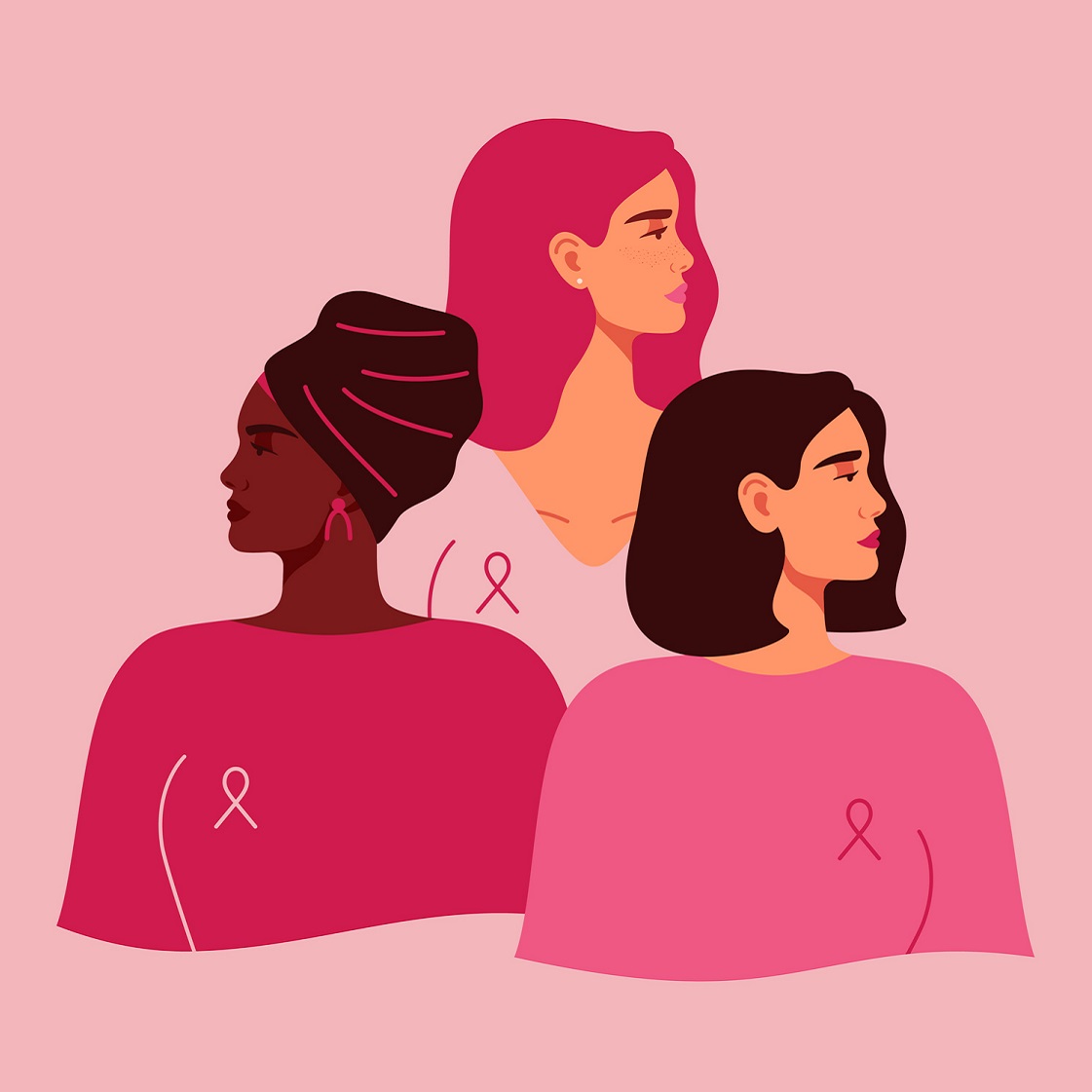
Which Breast Cancer Screening Technology is Right For You?
